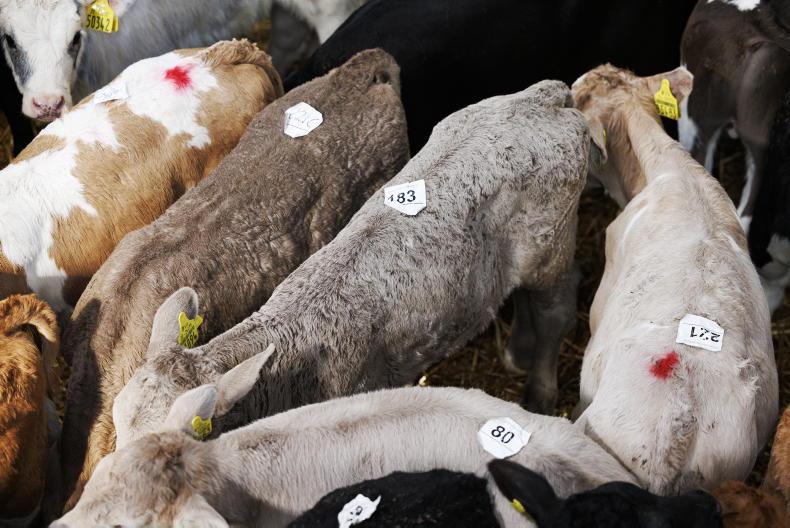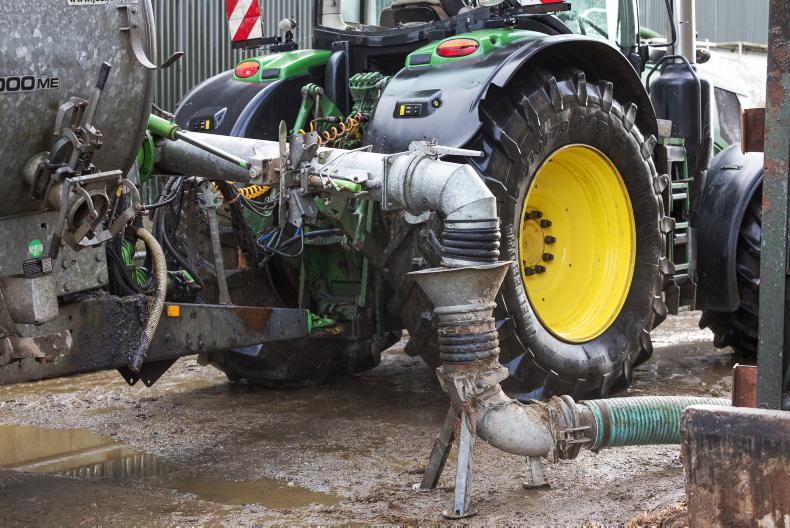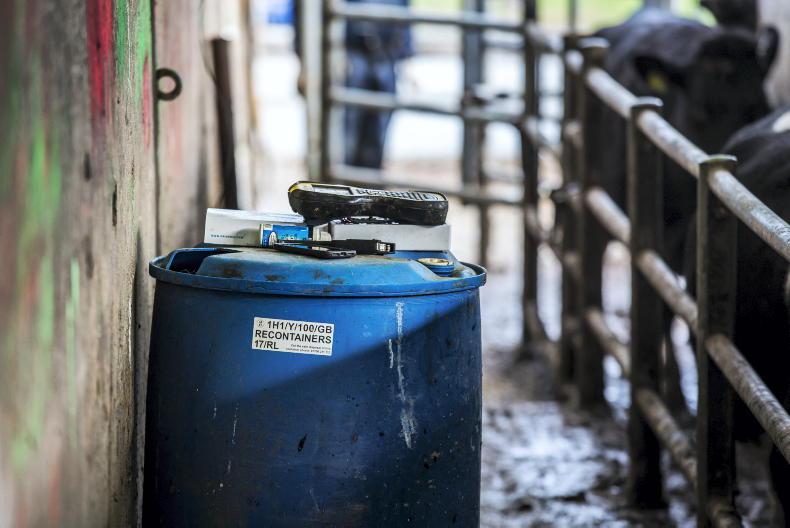The number of cattle testing positive for TB increased by 15.7% in the 12 months up to the start of April when compared with the equivalent period in the year previous.
Recently released figures show that there were 23,977 TB reactors in the year up to April. This is up from 20,721 over the same months in 2021-22.
Some 4,956 cattle went down with TB over the first three months of 2023, 806 of which were in Co Cork, 478 in Wicklow, 313 in Tipperary and a further 306 in Meath.
Wicklow remains by far the county with the highest herd incidence rate, as the west of the county recorded an incidence of 14.2% between January and March, while the east came in at 8.6%.
Over 120 of Wicklow’s 1,524 herds were locked up at the end of March.
The national incidence rate was 3.6% for the first quarter of this year and 4.4% over a 12-month rolling timeframe.
Of the 2,337 herds restricted nationally at the end of March, 290 were in Cork, 175 in Tipperary and 157 in Meath.
TB reactor figures followed a rising trend from 2016 to 2020, before dropping in 2021. However, 2022 saw reactor numbers increase yet again.
The Department of Agriculture’s spending on TB rose by 44% in the first quarter of 2023 compared with the same period last year.
The Department put the rise to €19.8m mainly down to increases in animal compensation payments and a “large purchase” of supplies over the three months.
Of the €6.1m spending spike, valuation payments increased by €2m, supplies by €1.4m and wildlife costs soared 92% in a €1.3m rise.
Vet costs
Vet costs rose by just over a third (€0.9m) after payments rates were restored in November 2022 to pre-2008-09 cutback levels.
The Department has estimated that the 10-year cost of its current TB eradication programme will hit €1bn unless significant reductions in the disease are achieved.
In Northern Ireland, the annual herd incidence in February 2023 was recorded at 10.65%, the highest rate since compulsory TB testing began in NI back in 1959.
Read more
TB reactor numbers up over 10% as herd incidence falls
TB reactors fall for first time in five years
Vets get TB testing pay increase
The number of cattle testing positive for TB increased by 15.7% in the 12 months up to the start of April when compared with the equivalent period in the year previous.
Recently released figures show that there were 23,977 TB reactors in the year up to April. This is up from 20,721 over the same months in 2021-22.
Some 4,956 cattle went down with TB over the first three months of 2023, 806 of which were in Co Cork, 478 in Wicklow, 313 in Tipperary and a further 306 in Meath.
Wicklow remains by far the county with the highest herd incidence rate, as the west of the county recorded an incidence of 14.2% between January and March, while the east came in at 8.6%.
Over 120 of Wicklow’s 1,524 herds were locked up at the end of March.
The national incidence rate was 3.6% for the first quarter of this year and 4.4% over a 12-month rolling timeframe.
Of the 2,337 herds restricted nationally at the end of March, 290 were in Cork, 175 in Tipperary and 157 in Meath.
TB reactor figures followed a rising trend from 2016 to 2020, before dropping in 2021. However, 2022 saw reactor numbers increase yet again.
The Department of Agriculture’s spending on TB rose by 44% in the first quarter of 2023 compared with the same period last year.
The Department put the rise to €19.8m mainly down to increases in animal compensation payments and a “large purchase” of supplies over the three months.
Of the €6.1m spending spike, valuation payments increased by €2m, supplies by €1.4m and wildlife costs soared 92% in a €1.3m rise.
Vet costs
Vet costs rose by just over a third (€0.9m) after payments rates were restored in November 2022 to pre-2008-09 cutback levels.
The Department has estimated that the 10-year cost of its current TB eradication programme will hit €1bn unless significant reductions in the disease are achieved.
In Northern Ireland, the annual herd incidence in February 2023 was recorded at 10.65%, the highest rate since compulsory TB testing began in NI back in 1959.
Read more
TB reactor numbers up over 10% as herd incidence falls
TB reactors fall for first time in five years
Vets get TB testing pay increase









SHARING OPTIONS